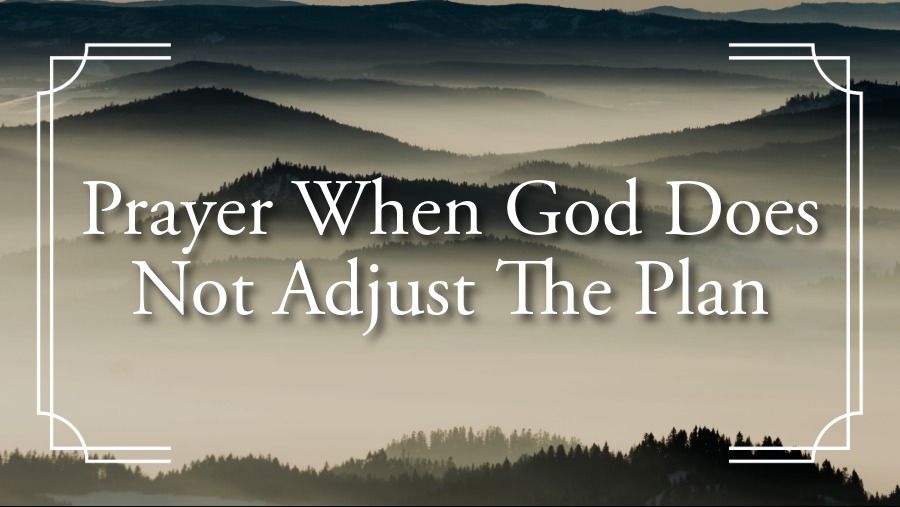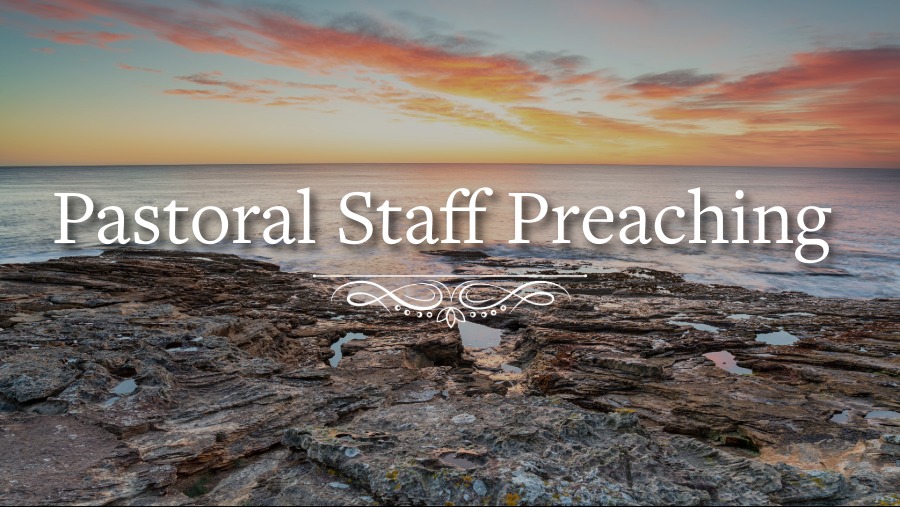
Striving for Greatness
In this message on Matthew 20:17–34, Pastor Devon Ortiz unpacks Jesus’ teaching on true greatness. As Jesus sets His face toward Jerusalem, He warns the Twelve that He will be betrayed, mocked, beaten, crucified—and then rise again (vv. 17–19). Despite this explicit warning, the disciples miss the depth of His words, revealing how easily we overlook God’s plan when our minds are elsewhere.
James and John’s mother approaches Jesus to request the highest seats for her sons in His coming kingdom (vv. 20–21): a bold demand for position and prestige. Jesus challenges them to grasp the cost of true discipleship—“Can you drink the cup I am to drink?” (v. 22)—pointing out that following Him means embracing suffering, not securing status. When they confidently claim they can, He affirms their share in His cup but reminds them that ultimate positions are determined by the Father, not human ambition (vv. 23–24).
Outraged, the other ten disciples resent James and John’s presumptuous request, exposing the sinful envy and rivalry that worldly striving breeds. Jesus contrasts pagan leadership—domination and authority—with His own way: greatness in His kingdom is measured by humble service. “Whoever would be great among you must become your servant, and whoever would be first must be your slave” (vv. 26–27).
To illustrate, He points to His own example: though fully God, He came not to be served but to serve—and to give His life as a ransom for many (v. 28). Then, on the road from Jericho, two blind men cry out for mercy. Despite the crowd’s attempts to silence them, their persistent faith moves Jesus to stop, listen, and heal them (vv. 29–34). Their story demonstrates that serving those in need—regardless of social standing or personal inconvenience—is the hallmark of Christlike greatness.
Key Takeaways:
- Cost of Discipleship: True service often involves sacrifice and suffering, not privilege.
- Heart of Leadership: Kingdom leadership is marked by willingness to serve others, not to dominate them.
- Jesus’ Example: Christ’s life models servanthood—He gave Himself up for us rather than seek honor.
- Persistent Faith: Like the blind men, our bold dependence on Jesus invites His compassion and power.
This passage calls us to examine our own ambitions: are we striving for status or for sacrificial service? True greatness in God’s kingdom is found not in who sits highest, but in who humbly bows lowest to meet the needs of others.



















.jpeg)


